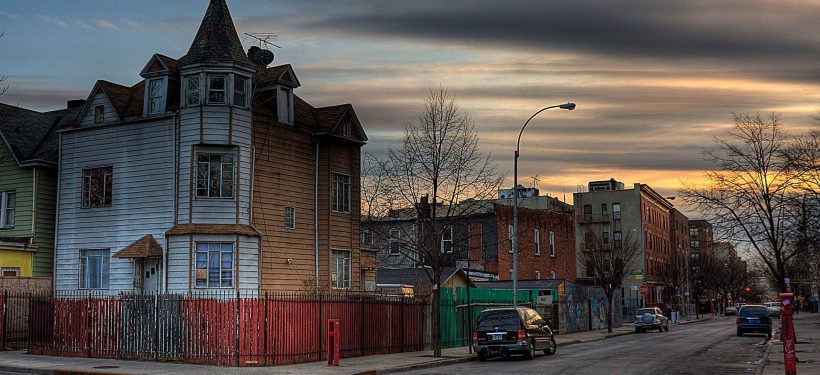This Working Group seeks to better understand the cultural effectiveness of and receptivity toward current public health messaging and communication about COVID-19 among under-resourced urban populations. Specifically, it will examine the relationship between the intersecting conditions and statuses such as poverty; disability status; English proficiency; internet access; and locality; and negative health outcomes (i.e., COVID-19) within historically under-resourced neighborhoods. As considerations for improved disaster communication practices emerge from this work, outcomes will help public health entities and policymakers to employ more culturally effective communication methods both in times of crisis and during the ensuing recovery.
Resources / COVID-19 Resources / Working Groups / Issues, Impacts, and Recovery / Cultural and Geospatial Analyses of Risk Communication in Marginalized Urban Neighborhoods
Cultural and Geospatial Analyses of Risk Communication in Marginalized Urban Neighborhoods

Working Group Leads
Larry Irons, University of Missouri-St. Louis and Matthew Taylor, University of Missouri-St. Louis
Emails: ironsl@umsl.edu; taylormatt@umsl.edu
Working Group Members
Jill Alexander, University of Missouri-St. Louis
James Craig, University of Missouri-St. Louis
Paul Sorenson, Community Innovation and Action Center
Bob Ubbelohde, National Security and Community Policy Collaborative
Adriano Udani, University of Missouri-St. Louis
Stephanie Van Stee, University of Missouri-St. Louis
Working Group Resources
Group Working to Examine Effectiveness of COVID-19 Communications

